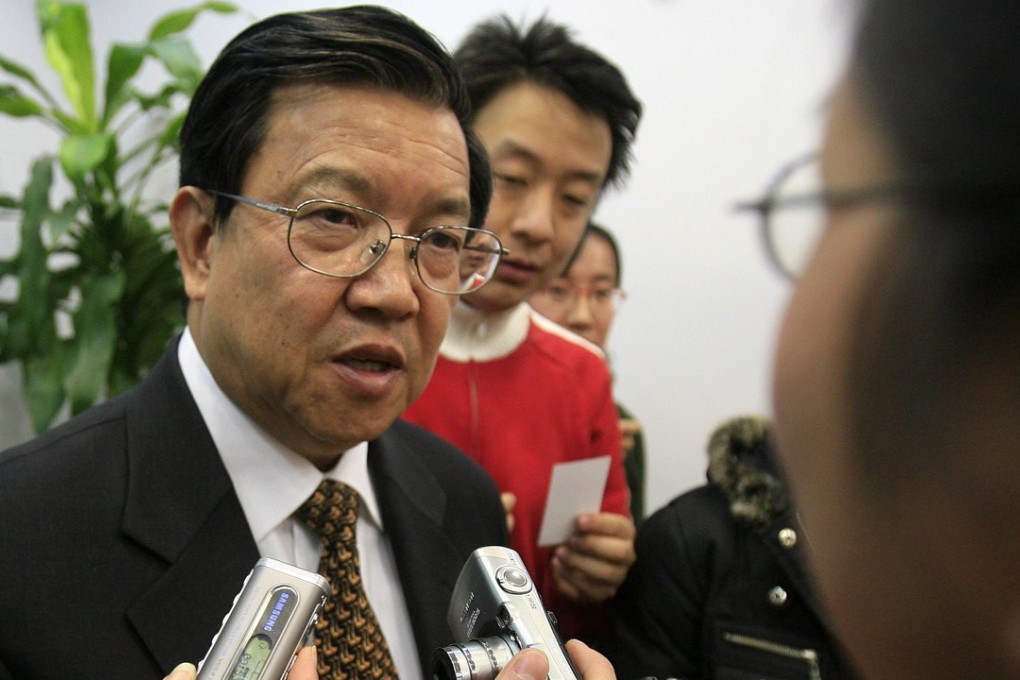China’s former chief trade negotiator criticises Beijing’s ‘unwise’ tactics in US tariff war
- Long Yongtu makes rare public criticism of way dispute with US is being handled
- Former minister says targeting US soybeans from the start was a ‘political’ decision that had not been properly thought through

China’s former chief trade negotiator openly criticised Beijing’s trade war tactics on Sunday, singling out the decision to impose tariffs on soybeans as ill-thought out.
The comments by Long Yongtu, a former vice-minister with China’s foreign trade ministry who headed the talks that led to China’s entry to the World Trade Organisation, offered a rare glimpse into the country’s internal divisions about how to handle the dispute with the United States.
He told the annual conference organised by Caixin, an influential Chinese financial media outlet, that it was inappropriate to involve political considerations in trade talks.
“If we have people who always talk about politics engaging in [trade] negotiations, we will never have a deal,” Long said, without naming anyone directly. “We don’t think deeply enough.”
In particular, Long said it was unwise to impose import duties on soybeans in retaliation for US President Donald Trump’s decision to slap additional levies on Chinese imports.